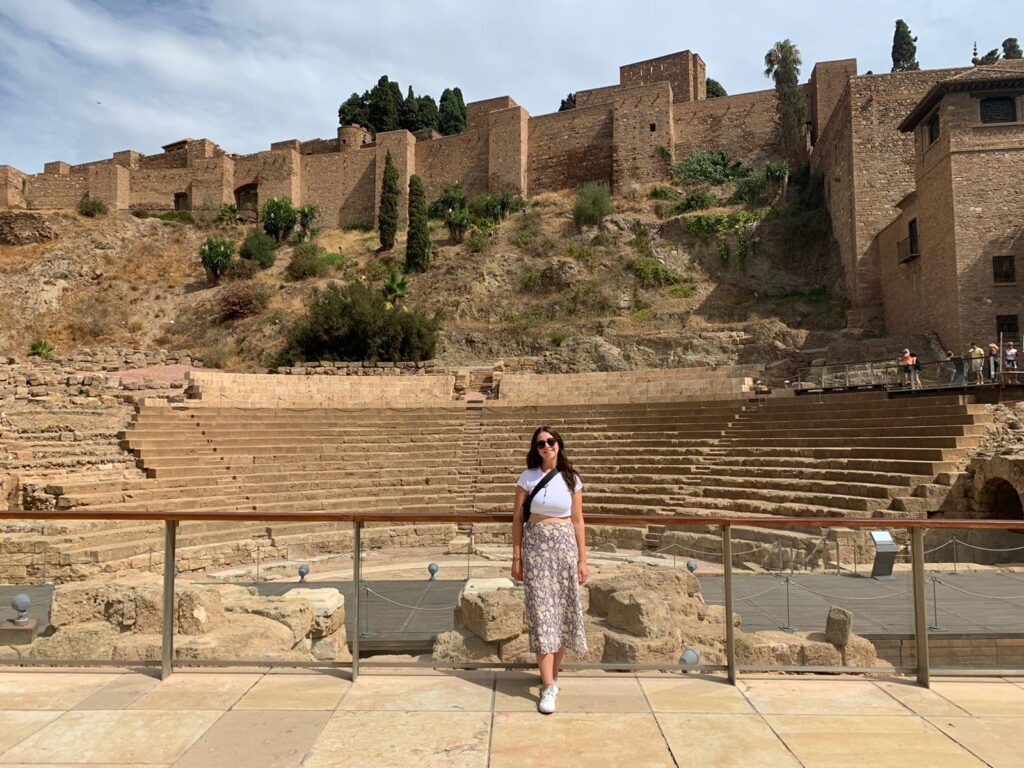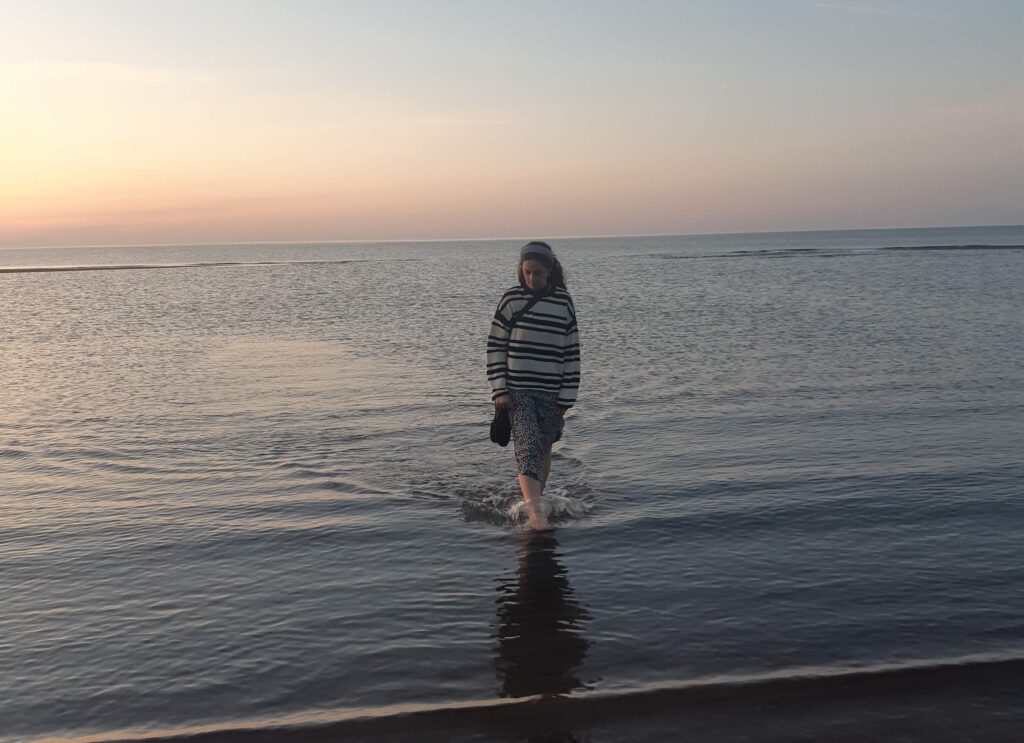Three questions with… Maddie!
Our lab is growing! In our Three Questions series, we’re profiling each of our members and the amazing work they’re doing.
Today’s post features Maddie Hare, a doctoral student in the Digital Transformation and Innovation (DTI) Program at the University of Ottawa—and the newest member of the ScholCommLab. In this interview, she tells us about her work on improving the understanding and use of scholarly metrics across academia, how interacting with peers advances our knowledge, and her secret to the most delicious chocolate cake.

Q#1 What are you working on at the lab?
I am currently working on the SSHRC-funded Metrics Literacies project. The project aims to reduce the misuse of bibliometrics among researchers and research managers through the development, testing, and distribution of open educational resources (OERs). The first step towards achieving this goal is an organized attempt at educating the broader academic community. Our interdisciplinary team of bibliometricians, science communicators, media producers, and education technology scholars are conducting a randomized control trial, to test the efficacy of different video formats (e.g., talking head, animation) for teaching wider audiences about scholarly metrics. The h-index is being used as a case study for the video content. By fostering Metrics Literacies, this project seeks to empower researchers and institutions to critically and ethically engage with indicators.
Our Metrics Literacies team will be running a Special Session at the 27th International Conference on Science, Technology and Innovation Indicators (STI 2023) in Leiden, the Netherlands on September 28 at 16:00 CET. The objective of the session is to empower the bibliometrics community to take ownership of metrics education. The hands-on session will work as an incubator of ideas on how to communicate the knowledge of bibliometrics experts effectively and efficiently to the wider audience of users of scholarly metrics and facilitate collaborations between various stakeholders, including bibliometrics researchers and analysts, data providers, and librarians.

Q#2 Tell us about a recent paper, presentation, or project you’re proud of.
In Spring 2023, I had the opportunity to sit on a panel for the third annual Dalhousie Science Society (DSS) Science Symposium and participate in a mentorship session after the panel. I thought it would be useful to expose undergraduate science students to our interdisciplinary field of Library and Information Studies. It was so delightful to chat with students who had never heard or considered librarianship or information science as a profession, and were intrigued about its intersections with science and technology. We chatted about technological developments like artificial intelligence, science communication, and everything to do with grad school! While librarians are not always expected to be experts in their liaison field, having a multitude of perspectives and educational backgrounds in our profession is important. It was really gratifying to engage with students early on in their careers.
In addition to helping run the Metrics Literacies Special Session at STI 2023, I will be presenting the preprint “Do You Cite What You Tweet? Investigating the relationship between tweeting and citing research articles” (available in arXiv). This work conceptualizes Altmetrics as indicators of information behaviour that are better understood when considering the relational characteristics of the actor(s), the work(s) acted upon, and the relationships and interactions between them that exist outside of the context in which the act occurred. I am looking forward to engaging in fruitful discussions about this study with the scientometrics community at STI 2023.
Q#3 What’s the best (or worst) piece of advice you’ve ever received?
When I started the Master of Information program at Dalhousie University, an Information Management professional sagely advised me that although academic excellence should be prioritized, relationships are the lifeblood of our field. With the hindsight of having completed my degree, I truly agree that it is the people around you that stimulate innovative ideas through collaboration, galvanize change through collective action, and support and root for you through every step of what will be a journey unique to you. I have learned so much from my colleagues, peers, and students, and am grateful that I received affirmation early on that relationships are keystones in our efforts to advance knowledge. I would pass on such counsel to anyone who is starting on an academic path: seek and nurture community!
Also, that the secret to the most delicious and moist chocolate cake is boiling water and a bit of instant espresso. Magnifico!
Find Maddie on Twitter at @madelainehare or check out her publications on ORCID.
